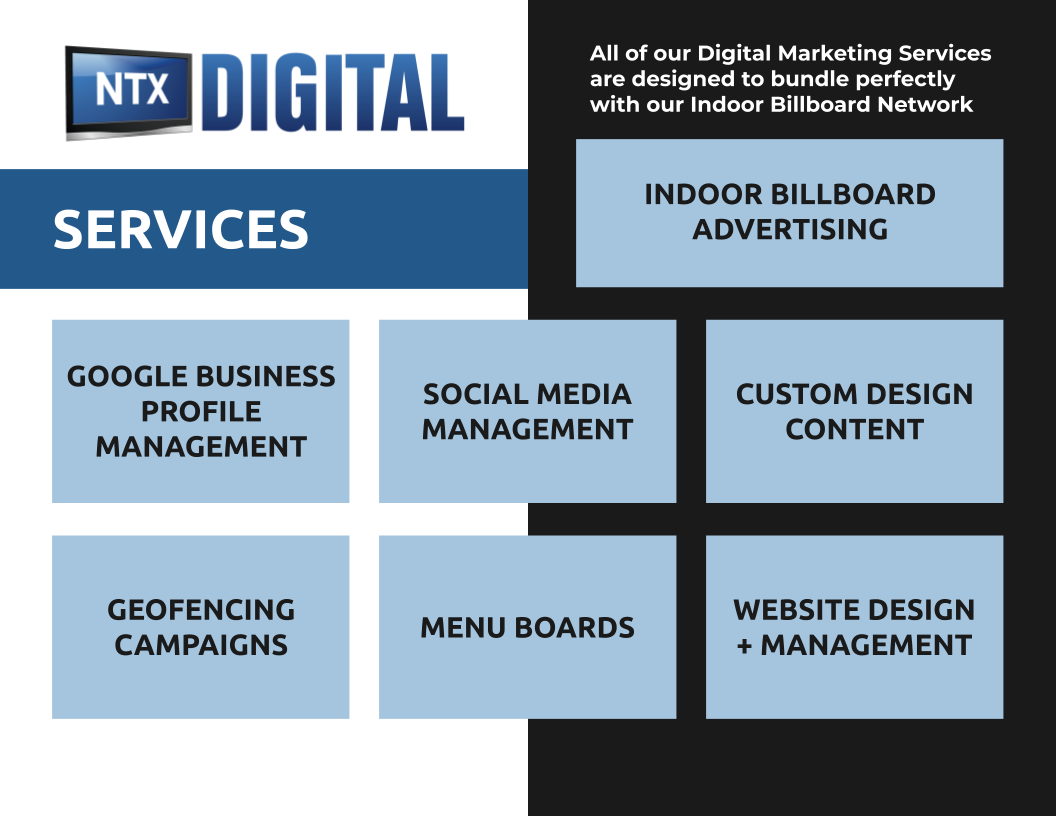Rockwall Voices Op-Ed
The rise of artificial intelligence is often compared to previous technological revolutions in its potential to reshape society and redefine how we work, learn, and interact. Just as the Industrial Revolution transformed an agrarian society into an industrial powerhouse, the AI revolution promises to move us toward a more automated and interconnected world. While this shift will bring complexity and challenges, it will likely mirror the historical transition from agriculture to industry, resulting in an evolution that ultimately benefits future generations. By examining the social, economic, and technological changes of the past, we can gain insights into how AI might alter our lives and leave an enduring legacy.
The Complexity of Technological Transitions
Technological revolutions are never straightforward. The Industrial Revolution, which began in the late 18th century, replaced manual labor with machine-driven processes, drastically changing the nature of work. People left farms for factories, rural areas for cities, and subsistence farming for wage labor. This upheaval was not without hardship. Long working hours, unsafe conditions, and crowded urban environments challenged workers and highlighted the need for regulation and reform. Similarly, the AI revolution will require adaptation as it automates complex tasks, creates new types of work, and leaves others obsolete. Entire sectors will be transformed, and society will need to grapple with the moral, ethical, and economic implications of machines performing tasks traditionally done by humans.
While this transition will bring uncertainty, history shows that societies can adapt, evolve, and ultimately thrive through change. In the case of AI, adjustments in education, training, and economic policy will be essential. Just as the Industrial Revolution prompted the establishment of public schooling and vocational programs to meet the needs of an industrialized workforce, the AI era will demand educational reforms that prioritize digital literacy, critical thinking, and adaptability. By investing in human capital, we can equip future generations to navigate the complexities of an AI-driven economy and find meaningful roles within it.
Economic Shifts and the Rise of New Industries
A key outcome of the Industrial Revolution was the shift from an agricultural economy to an industrial one, which diversified sources of income and created new industries. Factories brought about mass production, lowered the cost of goods, and increased accessibility to products, driving economic growth and elevating the standard of living. AI has the potential to produce a similar transformation by enabling unprecedented efficiency and productivity. Automation will allow businesses to optimize operations, reduce costs, and reallocate human labor to more creative and strategic roles. In industries like manufacturing, healthcare, and customer service, AI will streamline processes, enhance precision, and ultimately improve service quality.
Moreover, AI is already creating new fields, from machine learning engineering to data science and AI ethics consulting. These emerging fields, much like the mechanical trades of the industrial era, will require specialized skills, providing fresh opportunities for today’s workers to reskill and pivot toward new career paths. Although the displacement of certain jobs will be inevitable, the AI revolution will likely open doors to roles that we cannot yet fully imagine, just as the Industrial Revolution gave rise to professions and industries that were previously inconceivable.
The Social Evolution and Cultural Transformation of Work
The Industrial Revolution not only changed how people worked but also shifted social dynamics and values, leading to the rise of a consumer society and the emergence of a distinct middle class. It introduced the concept of wage labor and urbanized society, creating a workforce with disposable income and a desire for consumer goods, leisure, and personal advancement. AI’s transformative power could similarly influence cultural perceptions of work, potentially reducing the burden of repetitive and mundane tasks and allowing people to focus on roles that require creativity, empathy, and strategic thinking.
While AI will take over routine tasks, human qualities like critical thinking, emotional intelligence, and interpersonal skills will become more valuable. We may see a shift toward a society that values skills and contributions previously overshadowed by productivity-focused metrics. If AI can help relieve humans of routine, physically taxing, or dangerous jobs, society may move toward a healthier work-life balance, with more time dedicated to personal development, family, and community engagement. As in past revolutions, this cultural transformation may be gradual, but the long-term potential for a more enriched human experience is promising.
Ethical Considerations and the Need for Regulation
Like any major shift, the AI revolution comes with ethical and regulatory challenges. During the Industrial Revolution, labor movements emerged to address worker exploitation, leading to laws that safeguarded workers’ rights, regulated working hours, and improved safety standards. Similarly, as AI integrates into our lives, questions surrounding privacy, data security, fairness, and accountability will need to be addressed. Regulations will play a critical role in ensuring that AI is developed and deployed responsibly, protecting individuals’ rights while allowing innovation to flourish.
Governments, businesses, and global organizations will need to work together to create ethical standards that prioritize fairness, transparency, and inclusivity. Ensuring that AI serves humanity will require establishing policies that prevent discrimination, mitigate job displacement, and encourage equitable access to new opportunities. While challenging, this collective effort is crucial to fostering an AI revolution that benefits society as a whole, rather than a select few.
A Legacy of Progress and Opportunity
The Industrial Revolution, while challenging, ultimately improved living standards, created new economic opportunities, and set the stage for modern society. Similarly, the AI revolution will bring complexity and uncertainty, but it has the potential to lead us toward a more efficient, interconnected, and equitable world. While there are unknowns and risks, AI offers profound opportunities to enhance productivity, create new industries, and redefine the role of human labor in ways that align with our evolving values.
The transition will not be without its hurdles, and careful planning, regulation, and adaptation will be necessary. Yet, just as the industrial age brought progress that our agricultural ancestors could not have foreseen, the AI era is poised to benefit future generations in ways we can only imagine. As we navigate this transformation, we can be hopeful that AI, like the technology of past revolutions, will ultimately serve as a tool for human advancement, creating a legacy of progress and opportunity for generations to come.
About the Author:
David Vega is the founder and CEO of Rockwall Capital Group, with over 25 years of experience in business leadership, corporate turnarounds, and successful exits. He serves on corporate advisory councils, acts as an executive consultant, and is deeply committed to community development, including board roles with the North East Texas Community Development Corporation and the Greater Rockwall Youth Symphony.
Disclaimer: The views and opinions expressed in this Op-Ed are those of the author and do not necessarily reflect the official stance of The Rockwall Times. We encourage a respectful exchange of perspectives to enrich our community dialogue.



























